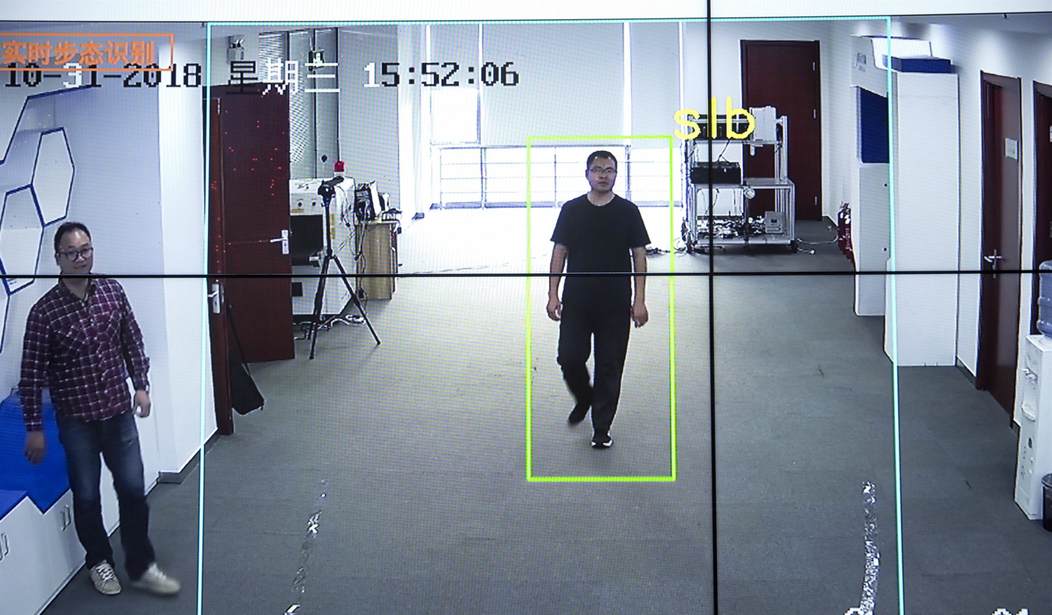If there’s one message I wish to convey regarding AI — and I’m not sure I appreciate the enormous implications fully myself, but I’ve read enough futurist dystopia to know I should — it’s that we’re not in Kansas anymore.
DeepMind AI founder Mustafa Suleyman tends to agree, apparently, that the human race is on the precipice of a sea change none of us is equipped to navigate. He begins by painting first a rosy picture of the potential upsides of AI before easing the audience into the more sinister applications of this technology that, again, no one, even its proprietors, fully understands — kind of a good news, bad news thing.
But really, as Modest Mouse would say, AI is mostly good news for people who love bad news.
Via The Guardian (emphasis added):
AI, Suleyman argues, will rapidly reduce the price of achieving any goal. Its astonishing labour-saving and problem-solving capabilities will be available cheaply and to anyone who wants to use them. He memorably calls this “the plummeting cost of power”. If the printing press allowed ordinary people to own books, and the silicon chip put a computer in every home, AI will democratise simply doing things. So, sure, that means getting a virtual assistant to set up a company for you, or using a swarm of builder bots to throw up an extension. Unfortunately, it also means engineering a run on a bank, or creating a deadly virus using a DNA synthesiser….
Four aspects of the AI revolution create the potential for catastrophe. First, the likelihood of asymmetric effects. We’re familiar with this in the context of warfare – a rag-tag band of fighters able to hamstring a powerful state using guerrilla tactics. Well, the same principle will apply to bad actors in the age of AI: an anonymous hacker intent on bringing down a healthcare system’s computers, say, or a Unabomber-like figure equipped with poison-tipped drones the size of bees.
Related: Chinese Communist Party Mandates AI Chatbots ‘Reflect Core Values of Socialism’
Related to the problem of asymmetry is the issue of attribution; technology also enables such attacks to be relatively easily carried out without the identity of the perpetrator being revealed — potentially nullifying any disincentives for such actors to create mayhem for nihilistic fun or for personal gain or for whatever reason.
Continuing:
Second, there’s what Suleyman terms hyper-evolution: AI is capable of refining design and manufacturing processes, with the improvements compounding after each new iteration.
Then there’s the fact that AI is “omni use”. Like electricity, it’s a technology that does everything. It will permeate all aspect of our lives…
Finally, there’s “autonomy”. Unique among technologies so far in human history, AI has the potential to make decisions for itself.
Related: What Is ‘Theory of Mind,’ and Has AI Developed It?
So, to summarize, the Four Horsemen of the AI apocalypse, according to Suleyman, are: asymmetry, hyper-evolution, omn-iuse, and autonomy.
The handful of potential nefarious applications that Suleyman is offering is just the tip of the iceberg; generative, potentially self-aware AI is likely to be much more creative in its malevolence in due time. Imagine the worst totalitarian, genocidal aspirations of history’s most infamous despots, and then multiply that by infinity. That’s what the best speculations of people in the know suspect AI will be capable of in future generations.
We might have absorbed the central lesson of Mary Shelley’s “Frankenstein” more completely before opening Pandora’s Box. Taking the Bible more literally might not have hurt either. Alas, we’ve made our bed, it seems.










